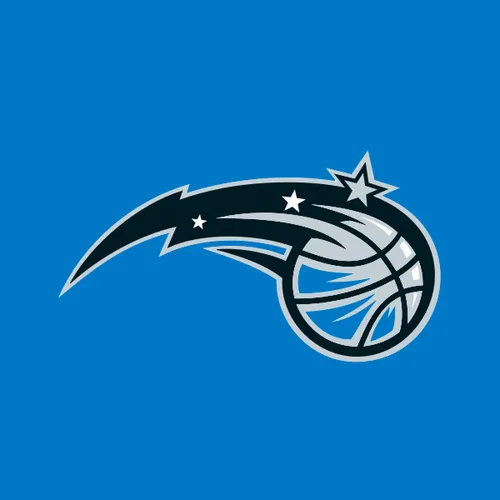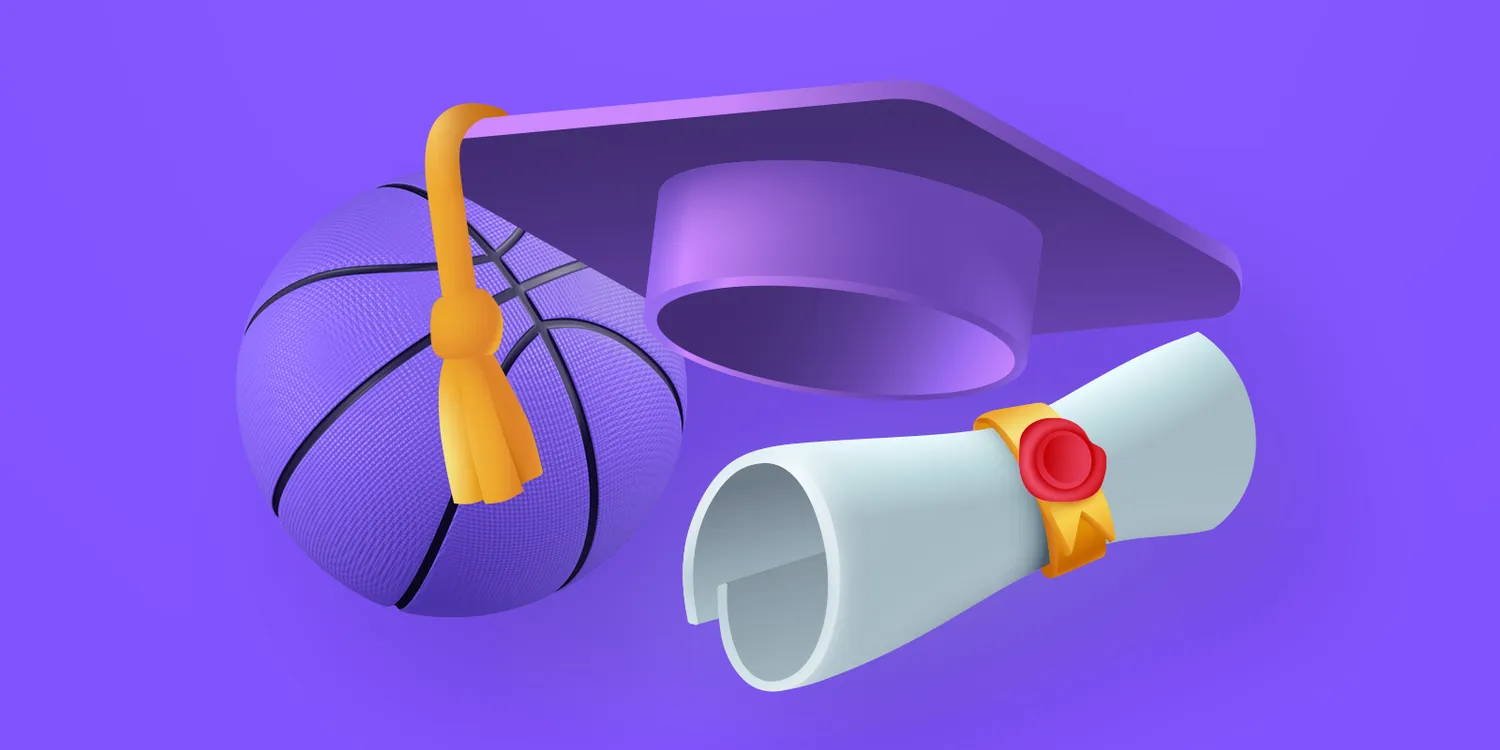







Education & Performance Jobs in the Sports Industry: The Ultimate Quick Guide

Introduction
The sports industry offers numerous opportunities for individuals interested in enhancing athletes' performance and providing valuable education. From coaching and fitness to sports science and psychology, the roles in this sector are diverse, challenging, and rewarding. This article will explore various education and performance jobs in the sports industry, highlighting their roles, required education, and tips for success.
Coaching
Coaching is a vital role in the sports industry, helping athletes develop their skills and reach their full potential. Coaches work closely with athletes, providing guidance, instruction, and motivation to help them achieve their goals. To become a coach, you may need a bachelor's degree in sports science, physical education, or a related field, as well as coaching certifications from relevant sports organizations.
To succeed as a coach, excellent communication skills, patience, and a deep understanding of the sport are essential. Additionally, networking and building strong relationships within the sports community can help advance your career.
Learn more about sports coaching here and see all of our coaching vacancies here.
Education
The role of educators in the sports industry goes beyond the pitch, field, or court. They are crucial in providing the academic grounding and theoretical knowledge athletes need to understand their sport's demands and dynamics. Sports educators often hold positions as teachers, professors, or tutors in various subjects, such as sports science, kinesiology, sports management, and more.
To become a sports educator, a bachelor's or master's degree in the chosen area of study is usually required, and for higher educational levels, a Ph.D. might be needed. In addition to formal education, gaining relevant experience in the field can make a candidate more desirable. A good sports educator should have excellent communication skills, a comprehensive understanding of the subject, and a knack for making complex ideas understandable.
Check out more about sports education here and take a look at all of the latest education vacancies here.
Fitness
Fitness professionals in the sports industry focus on improving athletes' physical conditioning, strength, and endurance. Roles include personal trainers, strength and conditioning coaches, and group fitness instructors. A degree in exercise science or a related field, along with relevant certifications, is typically required for these positions.
Successful fitness professionals have strong interpersonal skills, are adaptable, and stay up-to-date with the latest industry trends and research.
Discover more about a fitness career in sports here and see related job opportunities here.
Medicine
Sports medicine professionals, such as team physicians and orthopedic surgeons, address athletes' medical needs and help prevent and treat injuries. To work in sports medicine, you must complete medical school, a residency in a relevant specialty, and potentially a sports medicine fellowship.
Critical thinking, problem-solving, and excellent communication skills are vital for success in sports medicine. Networking and staying informed about the latest research and developments are also crucial.
Learn more about a career in sports medicine here and check out sports medicine jobs here.
Nutrition
Sports nutritionists develop and implement nutrition plans to help athletes optimize their performance and maintain a healthy lifestyle. A degree in nutrition, dietetics, or a related field, along with relevant certifications, is required for these roles.
To excel as a sports nutritionist, it's essential to have strong interpersonal skills, stay current on nutrition research, and be able to create customized plans that cater to athletes' specific needs.
Uncover more about sports nutrition jobs here and check out current vacancies here.
Performance Analysis
Performance analysts collect and analyze data to help athletes and teams improve their performance. They may use video analysis, GPS tracking, and other tools to gather insights. A degree in sports science, statistics, or a related field is often necessary for these roles.
Successful performance analysts have excellent analytical skills, attention to detail, and the ability to communicate complex information effectively.
Read more about performance analysis careers here and see live vacancies here.
Physiotherapy
Sports physiotherapists help athletes recover from injuries, prevent future injuries, and improve their overall physical well-being. To become a sports physiotherapist, you need to complete a degree in physiotherapy and obtain relevant certifications.
Patience, empathy, and strong communication skills are essential for success in this field. Networking with other professionals in the sports industry can also help advance your career.
Dive deeper into physiotherapy careers here and see all of our open vacancies here.
Program Management
Program managers in the sports industry oversee the development and implementation of sports programs, ensuring they meet objectives and run smoothly. A degree in sports management, business administration, or a related field is typically required for these roles.
Strong organizational, leadership, and problem-solving skills are crucial for success in program management. Networking and staying informed about industry trends can also help you thrive in this field.
Uncover more about program management careers in sports here and see related job listings here.
Psychology
Sports psychologists work with athletes to improve their mental performance, helping them overcome mental barriers, enhance focus, and manage stress. A doctoral degree in sports psychology or a related field is usually required for these positions.
To succeed as a sports psychologist, excellent communication, empathy, and analytical skills are necessary. Building a strong professional network and staying current on the latest research and developments in sports psychology are also critical.
Go deeper into sports psychology jobs here and take a look at sports psychology vacancies here.
Safeguarding
Safeguarding professionals in the sports industry ensure that athletes, staff, and participants are protected from harm and abuse. They develop and implement policies and procedures to promote a safe and inclusive environment. A degree in social work, psychology, or a related field, along with relevant certifications, may be required for these roles.
Strong interpersonal, communication, and problem-solving skills are essential for success in safeguarding. Staying informed about relevant laws and regulations and maintaining a network of professionals in the sports industry can also benefit your career.
Interested to learn more about safeguarding in sports? Click here.
Want to see relevant job vacancies? Click here.
Scouting
Sports scouts identify and evaluate potential talent for professional teams and collegiate programs. They may travel extensively to attend games and events, gathering data and analyzing athletes' skills. A background in sports, coaching, or a related field is often required, along with a deep understanding of the specific sport.
To excel as a scout, excellent observation, communication, and networking skills are crucial. Staying current on industry trends and emerging talent can also help you stand out in this competitive field.
Dive deeper into scouting in sports here and see all of our scouting opportunities here.
Sports Science
Sports scientists study the factors that influence athletic performance, such as biomechanics, physiology, and nutrition. They may work in research, testing, or athlete support roles. A degree in sports science, kinesiology, or a related field is typically required for these positions.
Strong analytical, problem-solving, and communication skills are vital for success in sports science. Staying informed about the latest research and advancements in the field and networking with other professionals can also help you thrive.
Learn more about sports science careers here and see currently-hiring sports science jobs here.
Wellness
Wellness professionals play an integral role in the sports industry. They focus on maintaining and enhancing the health and well-being of athletes to ensure they can perform at their best. These professionals can work as sports nutritionists, mental health counselors, sports psychologists, life coaches, and even yoga or mindfulness instructors.
The educational requirements for wellness roles in the sports industry can vary greatly. A sports nutritionist typically needs a degree in nutrition or dietetics, whereas a sports psychologist will need a degree in psychology, often at the master's or doctoral level.
Uncover more about wellness jobs in sports here and see all wellness-related job listings here.
Conclusion
The sports industry offers a wide range of exciting education and performance career opportunities for individuals passionate about helping athletes reach their full potential. From coaching and nutrition to sports science and psychology, these roles require specialized knowledge, skills, and education. By developing your expertise, networking with professionals in the field, and staying current on industry trends, you can set yourself up for a rewarding career in the sports industry.



























